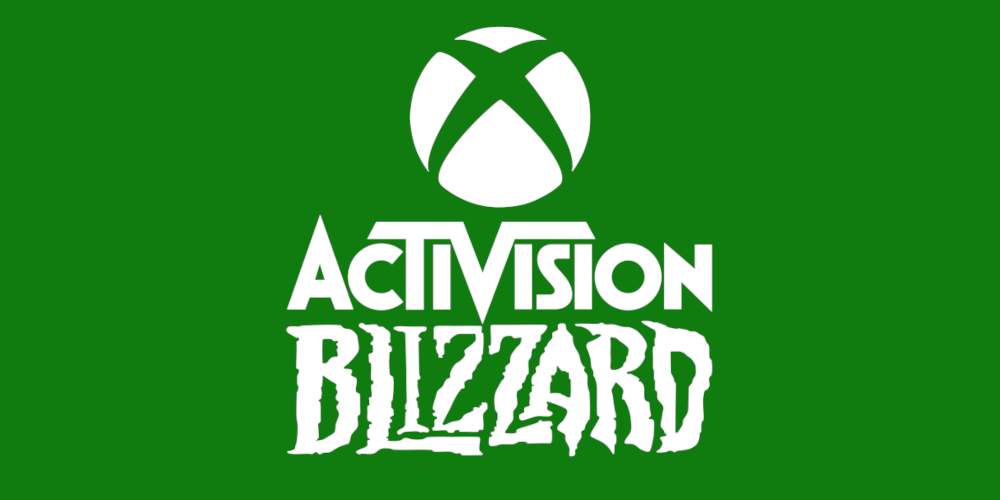There's nothing new or unusual about tech companies buying up smaller companies—it's pretty much a cliché at this point. However, not all company acquisitions are made equal; for consumers, some buys are good and other buys bring nothing but trouble.
In January 2022, Microsoft announced that they would acquire Activision Blizzard, a decision that's been contentious among gamers.
What effect will this have on the console wars between Sony, Microsoft, and Nintendo? What will happen to Activision Blizzard's best-known properties? Will they become Xbox console exclusives?
Questions and apprehensive outlooks have plunged various gaming communities into uncertainty, as Microsoft looks to win approval for their $68.7 billion takeover bid before they decide what to do.
This buyout will have many implications for the gaming industry, as Microsoft's acquisition of a major gaming house will spur other gaming companies to strike back in their own ways.
Here's our take on the acquisition deal between Microsoft and Activision Blizzard, and what effects it might have on gaming markets. For the most part, things don't look good.
1. Dangerous Precedent
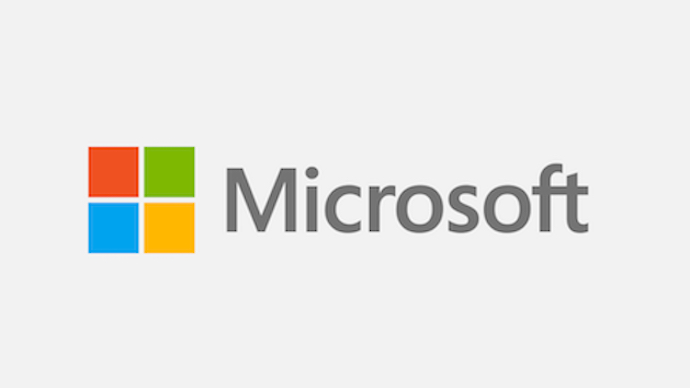
The most obvious problem with Microsoft buying out Activision Blizzard is that it would consolidate some of gaming's biggest and most sought-after franchises under one single roof.
Consolidation isn't a good thing for an industry that gets some of its best titles from independent companies that release their games on all (or most) major gaming platforms. That competition is a big reason why indie games are so beloved by gamers of all kinds.
This acquisition would encourage other large-scale gaming houses to buy up the best independent gaming studios and wield the prospect of exclusivity to ensure gamers are lured to their own platforms.
And it raises the question: Where does it end?
Microsoft, Sony, and Nintendo have long been the three major pillars of console gaming, but independent studios have still been able to thrive in between them. If more studios get snatched up in the wake of Activision Blizzard's precedent, those pillars may become too big.
So far, the three pillars have tried outdoing each other by creating better games, better services, and better devices. But if they move toward company acquisition—not just indie studios, but huge ones like Activision Blizzard—we'll move away from innovation toward stagnation.
2. Franchise Exclusivity
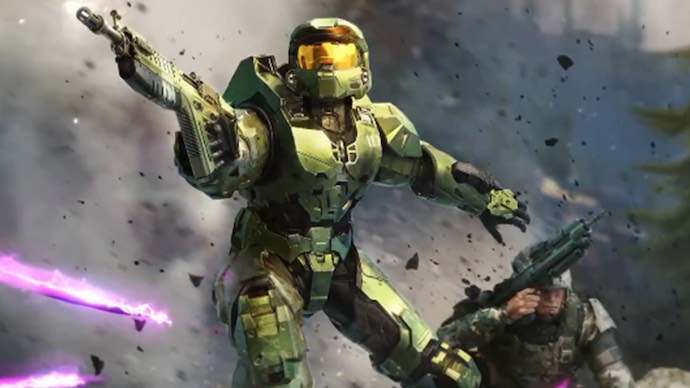
Call of Duty is one of the largest franchises under Activision, and part of that popularity comes from its availability on both Xbox and PlayStation (and, more recently, mobile devices).
Now, non-Xbox gamers are worried about whether the future of Call of Duty will still be available to them after the acquisition.
Of course, Microsoft would have to be crazy to pull the game entirely from Sony's platforms given how much money the franchise makes with every release. But exclusive content for Xbox gamers? That's certainly possible.
You see, franchise exclusivity doesn't have to mean totally stripping titles from a particular console or platform. Exclusivity can extend to benefits that are only available to certain "loyal" gamers.
Another way to look at it? Microsoft could do to various gaming franchises what Disney did to the Star Wars movies: carelessly exploit their moneymakers to rake in enough cash to justify their purchase.
Call of Duty isn't the only big franchise, either. Consider other fan favorites like Crash Bandicoot and Spyro, which could see gamers hastily pumped out to boost Microsoft's numbers after the deal goes through.
3. Escalation
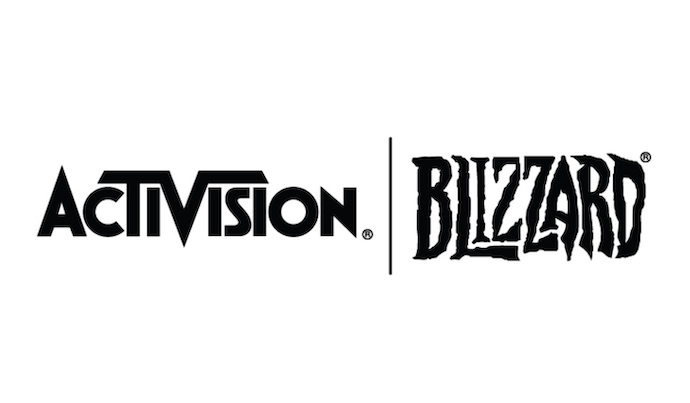
Now that Microsoft has made this big push—large enough to gain the ground to become the third biggest gaming company—Sony and Nintendo will have to take this threat to their market share seriously.
Sony will remain bigger than Microsoft in the gaming world, but now that their biggest challenger has snatched several important IPs completely from their control, we're likely to see escalation.
Sony must be considering their options, as Sony and Microsoft are in direct competition with one another in the more adult-oriented gaming space. Nintendo operates in a slightly different demographic, but even they won't like this move by Microsoft.
Activision Blizzard is a huge gaming house, large enough to be included in the S&P 500 Index since 2015. What other massive gaming houses are in line to be acquired next by either Microsoft or Sony or even Nintendo? Ones even larger than Activision Blizzard, perhaps?
Microsoft's deal only increases the likelihood of Sony and Nintendo pushing harder for more exclusive content and more control, and none of this is good for consumers. With enough consolidated control, these companies can better dictate the market—including pricing.
4. Microtransactions
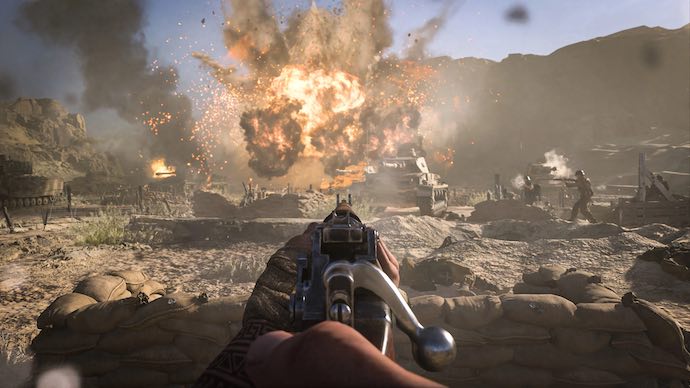
When a deal as large as Microsoft's happens, companies always look for ways to recoup their investment as quickly as possible—and with the ability to unilaterally control an IP, we're almost guaranteed to see gaming's most-hated "innovation" rear its head: microtransactions.
Microtransactions have been around for longer than you'd think, but their prevalence in recent years still hasn't peaked. Even as we head into this year, gaming companies are under fire left and right for predatory microtransaction tactics (see: Halo Infinite).
Despite vocal hatred of microtransactions, gamer behaviors show that most are willing to pay cash to get ahead of their competition—or at the very least to access time-gated content.
It wouldn't be unusual for Microsoft to shove a bunch of in-game microtransactions into one (or all) of the various properties that are coming under their ownership with the deal.
Either way you slice it, this isn't good news for gamers who want to pay one price to enjoy a game to its fullest, with rewards that are earned rather than bought.
